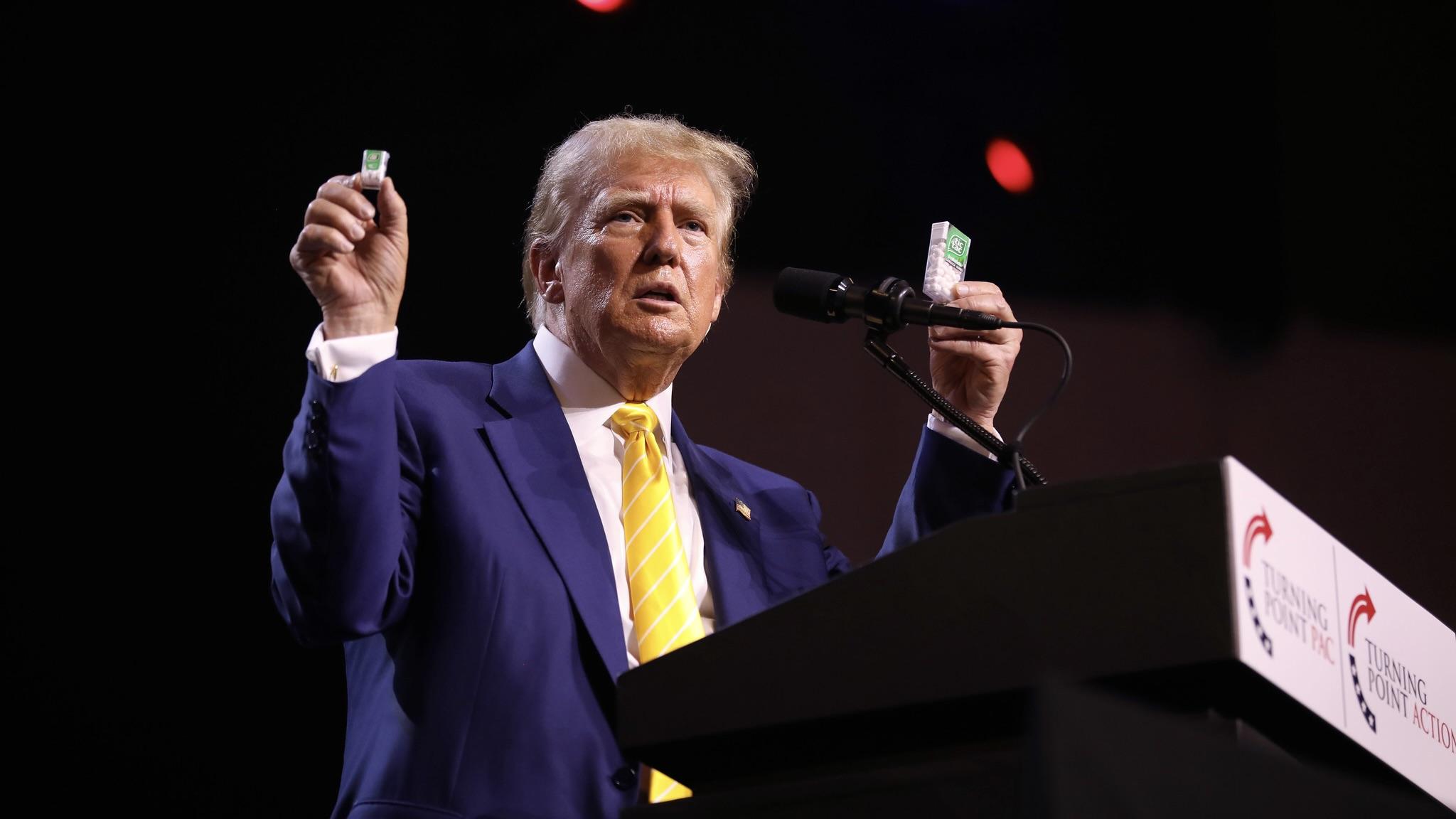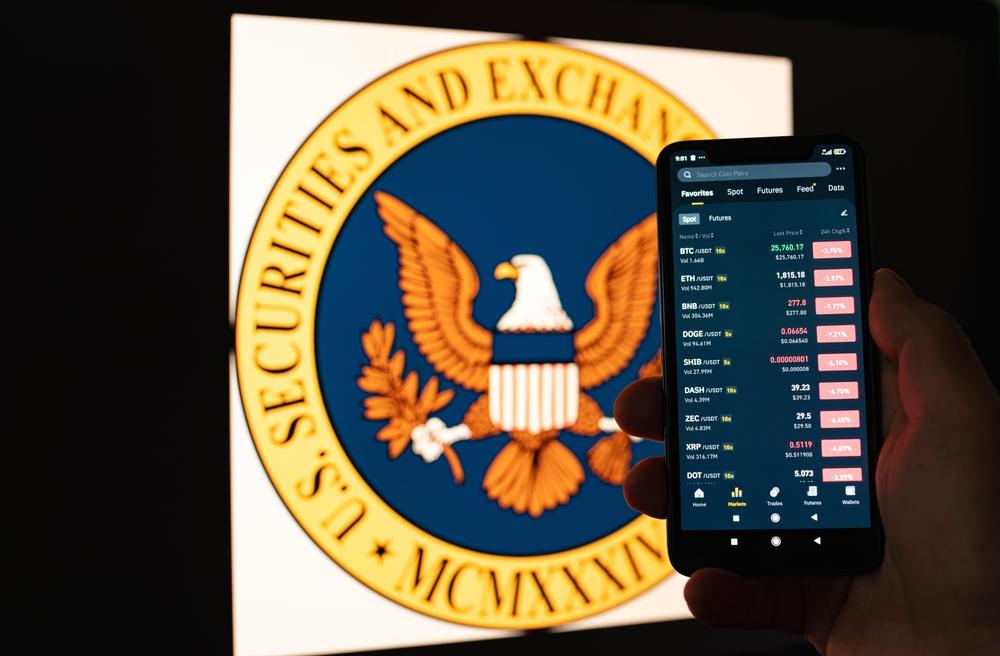The U.S. Senate has taken a major step toward regulating stablecoins, advancing the GENIUS Act with a 68-30 vote to invoke cloture on the Hagerty-Gillibrand bipartisan amendment. The final Senate vote on the bill is scheduled for June 16, setting the stage for what could be a pivotal moment in U.S. crypto legislation.
The GENIUS Act, which has gained growing support from both parties, introduces comprehensive regulations for stablecoin issuers. A key amendment passed earlier this week enhances anti-money-laundering (AML) protections and prohibits stablecoins issued from jurisdictions under U.S. sanctions. These updates aim to bring more security and transparency to the booming digital asset market.
Backed by prominent crypto leaders like Coinbase CEO Brian Armstrong and Ripple CEO Brad Garlinghouse, the bill is seen as a long-overdue framework for stablecoin oversight. Industry stakeholders argue that clear regulation will legitimize the sector and drive innovation within the U.S. financial system.
Treasury Secretary Scott Bessent has also endorsed dollar-backed stablecoins, suggesting they could reinforce U.S. dollar dominance and spur demand for U.S. Treasuries by up to $2 trillion. His comments highlight the potential macroeconomic impact of embracing stablecoin technology under a well-defined legal framework.
This legislative momentum follows months of debate and failed procedural votes, but crypto-friendly lawmakers are now aligning on the importance of regulated growth. With the final vote imminent, the GENIUS Act could mark a watershed moment for the crypto industry, providing long-awaited clarity and boosting investor confidence.
The bill’s passage would represent a significant victory for the digital asset ecosystem, which continues to push for thoughtful, pro-innovation policies amid global competition in the Web3 and fintech space.




























Comment 0